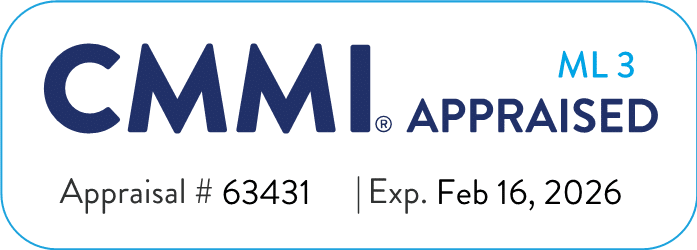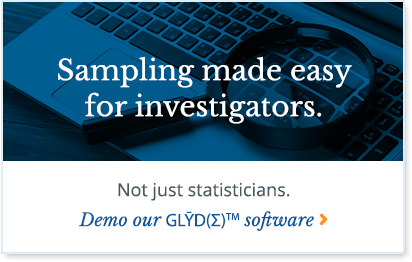Medicare and other health plans have a variety of tools at their disposal to prevent and identify improper payments. The tools can differ depending on whether they are applied before claims are paid (prepayment review), or after claims are paid (postpayment review). Pre and postpayment reviews are both important program integrity strategies, and can make the biggest impact when used together. Understanding the key differences in pre and postpayment review can help payers develop a robust plan to reduce payment errors and save money.
Medicare Prepayment Review
Prepayment review is simply the review of claims before they are paid and can result in the denial of payment. The Medicare prepayment review process includes the application of edits and medical review. Edits automatically verify certain aspects of a claim or set of claims to ensure they meet payment criteria. Processors apply edits to claims after they are submitted, but before they are paid.
Medical review of claims documentation is also important to the Medicare prepayment review process. Providers that have had billing problems in the past may be automatically subject to a Medicare prepayment screen. In these cases, a selection of a provider’s claims undergo a medical review focused on the identified billing problems before payment is authorized. These reviews often result in the denial or reduction of any pending payments.
Medicare Postpayment Review
Alternatively, a Medicare postpayment review is the review of claims after they are paid. They can result in a change of payment, meaning that the provider may owe Medicare or a health plan money — or vice versa. Postpayment review strategies include data analysis and medical review. Edits do not catch all improper payments. Postpayment data analysis can identify claims that do not meet payment criteria that were not denied by an existing edit or for which an edit does not exist. These reviews result in an overpayment owed by the provider.
Data analytics can also identify providers with aberrant billing patterns that should undergo further analysis. These determinations often rely on clinical decisions made during postpayment medical review. Often, these reviews result in the denial or reduction of payment, which must be recovered from the provider. Postpayment medical review often relies on sampling and extrapolation, allowing reviewers to check a sample of medical records and then project the results to the provider’s total billing. Using sampling and extrapolation in this manner allows Medicare to calculate the full overpayment amount without having to review every procedure.
Learn how we can help you identify overpayments
How to Use Pre and Postpayment Reviews to Prevent and Reduce Fraud, Waste, and Abuse
Medicare contractors and health plans need to effectively employ both pre and postpayment strategies to reduce payment errors. Prepayment review catch errors before any money goes out the door, saving time and money on the recovery process. They can also change a provider’s behavior without requesting an overpayment or opening an investigation. Postpayment data analytics can identify the full spectrum of a provider’s potential billing problems and discover new improper billing trends to watch. Postpayment medical reviews benefit from the ability to extrapolate, opening the possibility of large recoveries.
IntegrityM Can Support Your Program Integrity Efforts
IntegrityM can provide the data analysis and medical review support needed to enhance your Medicare prepayment and postpayment review strategies. Our team of highly skilled data analysts and statisticians have experience identifying providers that are candidates for prepayment review, and have helped develop the logic for prepayment edits. Our data analytics team can also identify aberrant billers by using postpayment analytics and performing sampling and extrapolation to calculate overpayments. IntegrityM also has a medical review team with expertise in a variety of medical specialties. For additional information on how we can enhance your pre and postpayment review strategies, call us at (703) 535-1400 or contact us online.











